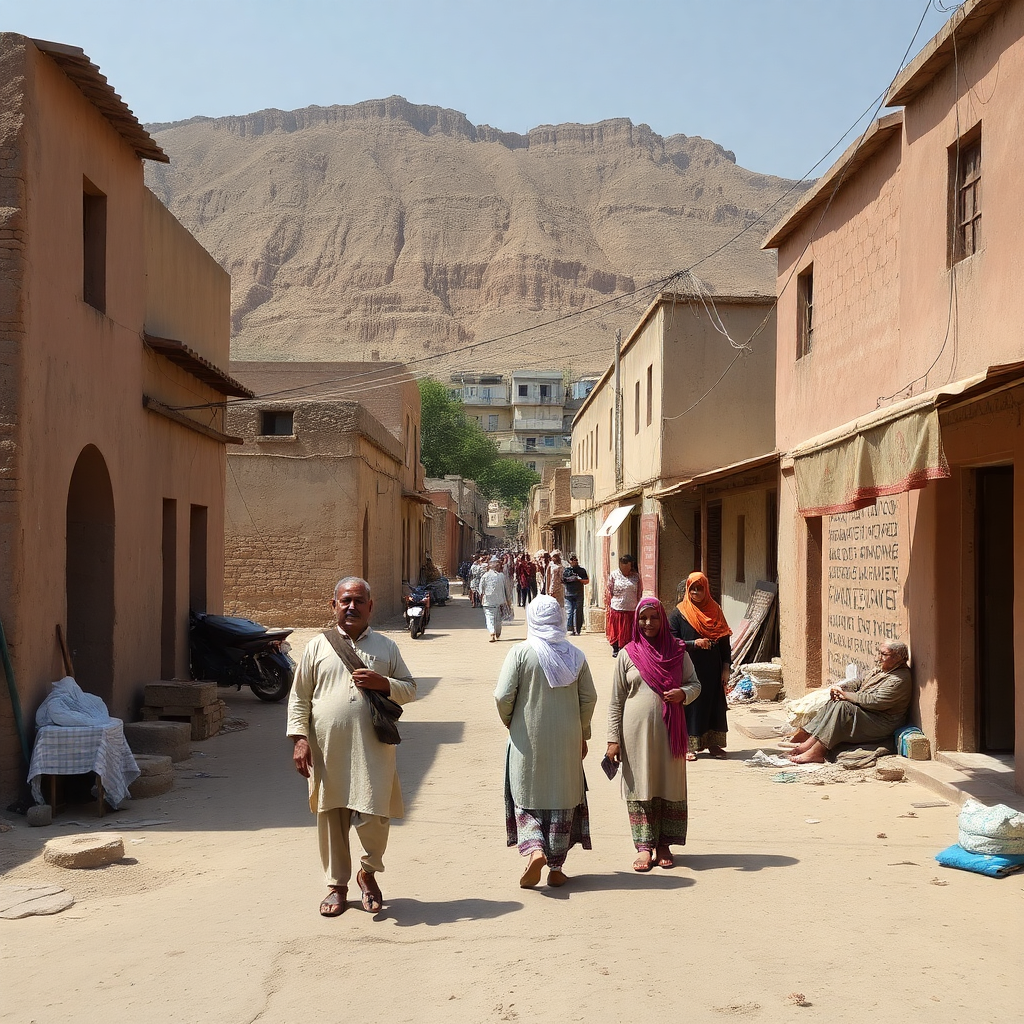What does the Bible say about Yemen?
The Kingdom of Sheba, which likely included parts of present-day Yemen, thrived due to its strategic location along trade routes that connected the Arabian Peninsula to the Mediterranean world and beyond.
Yemen is a country located at the southern end of the Arabian Peninsula, and while it does not appear frequently in the Bible, its historical and theological significance can be traced through various biblical texts. The references to Yemen, often associated with the broader region of Arabia, provide fascinating insights into ancient trade routes, cultural interactions, and the movement of peoples, shaping the biblical narrative's backdrop.
Yemen in Biblical Context
Biblically, Yemen is often linked to the ancient kingdoms of Sheba and Cush. Sheba is known for its wealth, particularly in spices and precious metals, and is mentioned several times in the Bible. The Queen of Sheba is a notable figure who visited King Solomon, as detailed in 1 Kings 10. The visit highlights the trade connections between the regions and suggests that Sheba had substantial economic influence during that era. Although there is ongoing debate about the exact location of Sheba, many scholars believe it corresponds to areas within modern-day Yemen.

The Kingdom of Sheba
The Kingdom of Sheba, which likely included parts of present-day Yemen, thrived due to its strategic location along trade routes that connected the Arabian Peninsula to the Mediterranean world and beyond. The Bible recounts how the Queen of Sheba brought a lavish array of gifts to Solomon, including gold, spices, and precious stones. This encounter not only emphasizes Sheba's wealth but also reflects a broader narrative of trade and cultural exchange that was vital to the ancient world.
The biblical text also implicitly acknowledges the richness of the Arabian Peninsula, as seen in references to aromatic oils, frankincense, and myrrh. These products were highly prized in ancient societies and contributed to the prosperity of regions such as Yemen. The use of these commodities in religious rituals and royal offerings illustrates their significance in both commerce and cultural identity.
Prophecy and Yemen
In addition to trade, Yemen is touched upon in various prophetic texts. For example, the book of Isaiah mentions tribes in Arabia, and some interpretations suggest that this could include the inhabitants of ancient Yemen. Isaiah 60:6 refers to the camels of Midian and Ephah, and we may understand this as highlighting the essential role of Arabian trade routes that possibly included Yemenite merchants.
Furthermore, the prophecy found in Ezekiel 27 reflects on the trading relationships of Jerusalem, noting that merchants from various regions, including those in Arabia, contributed to the city's wealth and diversity. While these references do not mention Yemen by name, they underscore the region's integral position within the larger biblical narrative of trade and economic interdependence.
The Legacy of Yemen in Biblical History
While Yemen may not be a central figure in biblical events, its connections through trade, wealth, and interactions with Israel and surrounding nations reflect a nuanced relationship with the biblical narrative. The legacy of Yemen can be seen as part of the ancient tapestry of interactions that shaped the course of history in the Near East.
As we explore the echoes of Yemen in biblical accounts, we recognize the significant role played by this region in the wider narrative of the Scriptures. The juxtaposition of wealth, commerce, and cultural exchange in Yemen points to a broader understanding of how different regions interacted and influenced one another throughout biblical history. The references may be sparse, but they illuminate the complex web of connections that defined the ancient world, including the land historically known as Yemen.